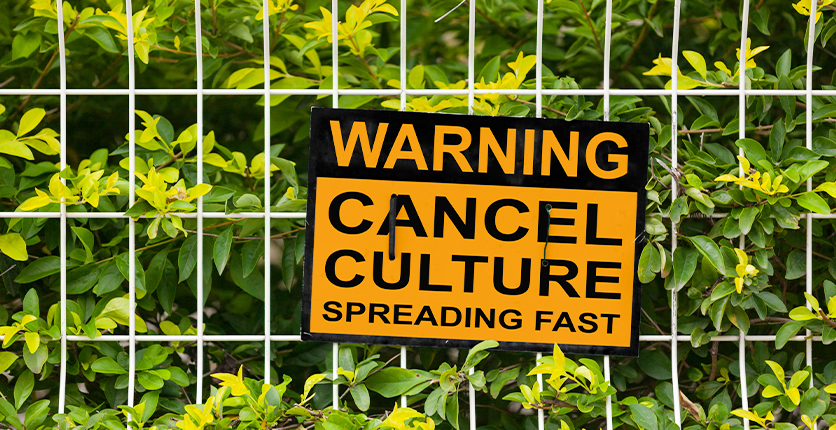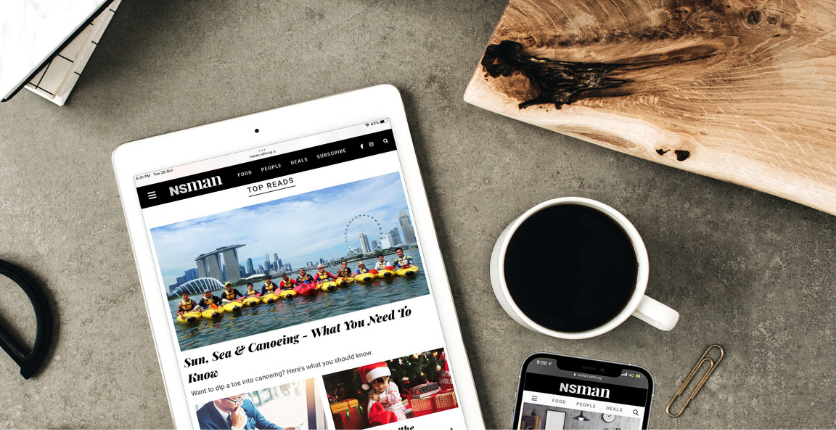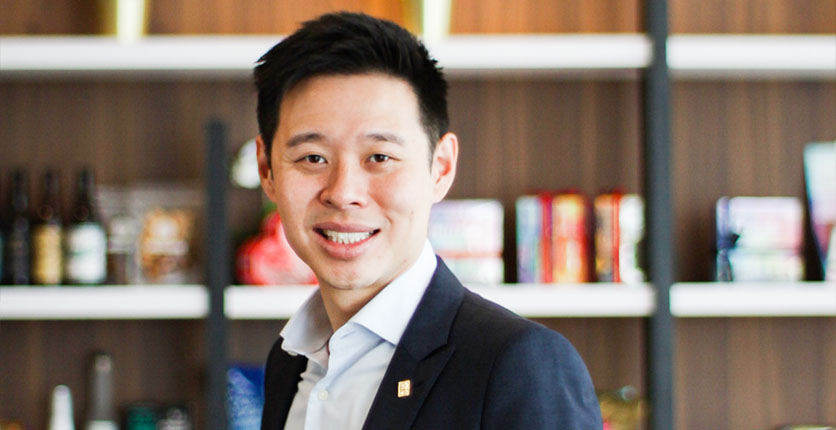Dictionary.com defines cancel culture as the practice of publicly rejecting, boycotting, or ending support for particular people or groups because of their socially or morally unacceptable views or actions.
With this phenomenon especially prevalent on social media, SAFRA will be hosting a Facebook engagement forum titled “Navigating Social Media: What does Social Justice mean in a “Cancel Culture” society?” on 30 March to address this topic. Three speakers from various industries will share their thoughts on this issue, and other topics like online vigilantism.
We speak to two of them here to find out how they deal with cancel culture in their professional lives, ahead of the forum.
Who: Danny Yeo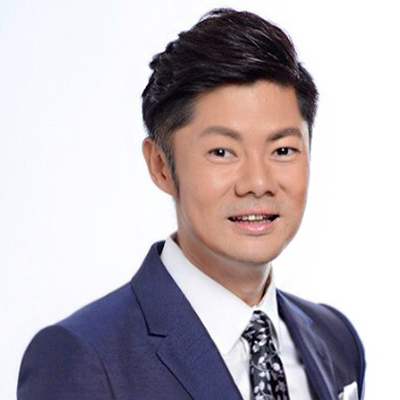
A multi-talented media personality who needs no introduction, Yeo is best known as the host of the morning drive-time show on YES 933 from the 1990s to early 2000s, and as an award-winning TV presenter and host. The former radio DJ has also taught at Ngee Ann Polytechnic and Singapore Management University, directed theatre plays and written four books.
Q: What is your take on cancel culture?
Danny: Cancel culture is unhealthy. I think it is similar to being sentenced without trial. In most cases, the person being shamed publicly isn’t given a chance to present his or her case and this isn’t fair. I feel that we need to be more sensitive to the feelings of others.
Q: What do you think has given rise to cancel culture?
Danny: This is really just a by-product of the times we live in. Even though we live in a highly connected society today, we’re also in a way more disconnected than ever before – we don’t communicate clearly and effectively enough with one another like in the past when we could have a proper discussion over the phone or in person. These days we can simply express our opinions or attack others online, and anonymously for that matter, without fear of reprisal.
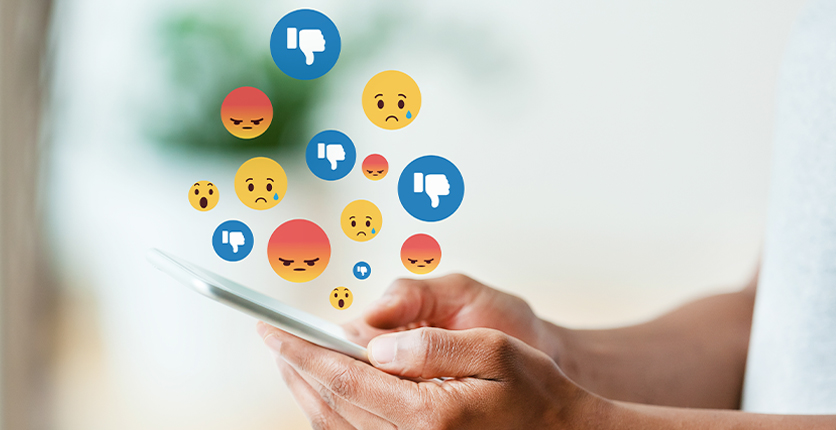
Q: As a theatre practitioner, do you think cancel culture goes against the purpose of the arts?
Danny: Arts is not about cancel culture but giving voice to the less-heard, presenting difficult topics and surfacing matters that are important to us – quite different from cancelling someone. It is also very much about empathy, something that is lacking in cancel culture. In Cantonese, there’s a saying that when you point a finger at someone, you have three other fingers pointing back at yourself. I think cancel culture has a lot to do with finger pointing. The way we should go about things is not just accusing others but also reflecting upon ourselves.
Q: Does cancel culture affect how you interact with others?
Danny: Admittedly, back when I was a young radio presenter some 30 years ago, I used to be affected by criticism or negative feedback that I got from the public. I’ve since learned that it’s impossible to please everyone. Someone once told me that as long as our actions do not bring shame to your family, you’re okay. This is the philosophy I live by today.
Sometimes it’s also about picking your battles. I would be inclined to share my opinions if the topic at hand is one that really resonates with me. But I probably won’t do so if I know that the person on the other side is just trying to be vicious and isn’t open to having a proper conversation.
Q: Cancel culture can sometimes lead to online vigilantism – what do you think about this?
Danny: The thing about social media is that it can empower us to do great things, but it can also result in people thinking they have the right to mete out what they think is justice through the Internet.
In this day and age when starting a social media account is so easy, each of us could be seen as a media outlet. As such, I feel that the general public’s media literacy could be improved so that more people are aware of the decorum, rules and regulations involved in this highly digital landscape we now have to navigate.
Who: Xixi Lim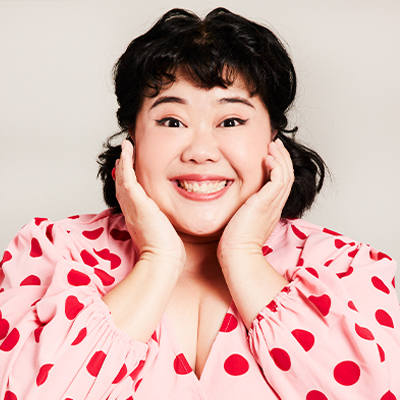
Besides being the regular host of the show “The Wonder Shop”, Xixi Lim also starred in the hit local film “Ah Girls Go Army”, which premiered in 2022. Boasting some 53,000 followers on Instagram, Lim is certainly no stranger to the world of social media as well as the benefits and pitfalls it holds.
Q: Cancel culture – yay or nay?
Xixi: Everything has its pros and cons, and so does social media. Although social media allows everyone to have a say in whatever that is happening in society, things can get out of hand if we don’t express ourselves properly or use it for malicious purposes. Cancel culture is one example of how people can use social media to hurt others.
Q: Do you think media personalities like yourself are more prone to being cancelled?
Xixi: No, cancel culture can happen to anyone as social media is so widely used today. With platforms like TikTok, Instagram and Facebook, anyone can be a “celebrity”. And the thing about being a “celebrity” is that people will judge you for whatever you post online. If they don’t like what they see, you might just become the next victim of cancel culture.
Anything you say will carry a certain weight in this social media age. I think it’s important for people to understand that they need to be responsible for whatever they put out there for the world to see.

Q: Does the existence of cancel culture shape the way you work?
Xixi: Yes, to a certain extent. I tend to be more careful when speaking in front of a live crowd or camera. As long as there is a crowd involved, everything you say will carry a certain weight and has the potential to “trigger” people. I personally feel that anyone should speak with care and spare a thought for the feelings of others. We need to avoid saying things that are too hurtful or extreme.
Q: Have there been any incidents in which you think that the person who got cancelled deserved it?
Xixi: No. I do not think that anyone has the right to decide who should be cancelled. Everyone makes mistakes. No one is perfect. We need to be more gracious and not quick to attack others simply because their opinions differ from ours.
Q: You’ve had to deal with fat-shaming comments on Instagram before. How did such comments make you feel?
Xixi: It was definitely an uncomfortable experience. It would’ve been easy for me to just rant and direct an equal amount of negativity back to such commenters, but I knew that such a move would simply perpetuate a vicious cycle. Also, I did not want to step down to the same level as the haters.
To me, the key to dealing with such people is to voice out my honest opinions, but in a light-hearted manner.
Join us for the forum and share your views!
SAFRA Engagement Forum 2023
Topic: Navigating Social Media: What does Social Justice mean in a “Cancel Culture” society?
Date: Thursday, 30 March 2023
Time: 8pm to 9pm
Where: SAFRA Facebook Live
For more information, go to safra.sg/whats-on/safra-engagement-forum-2023
Want more articles like this, and other lifestyle content right in your inbox? Download the new SAFRA mobile app and opt in for the eNSman Newsletter – you don’t need to be a SAFRA member to subscribe – and never miss another story!
